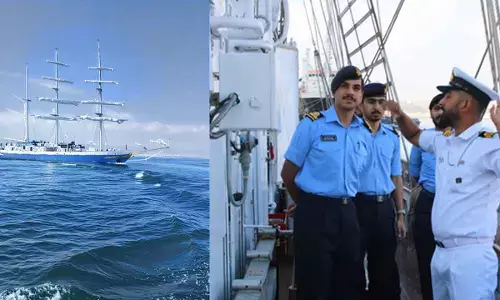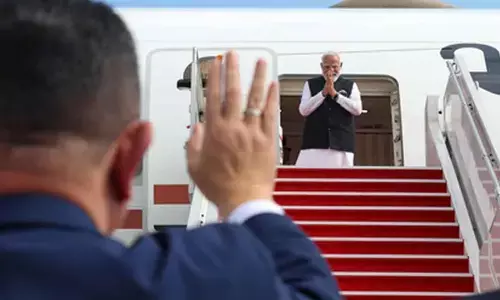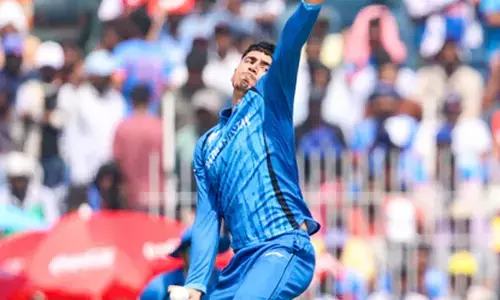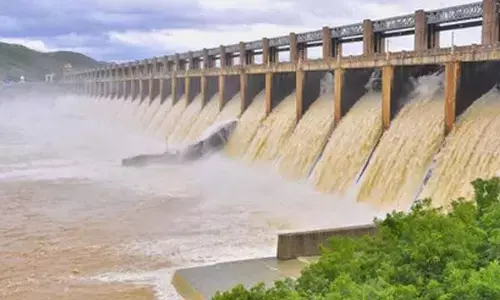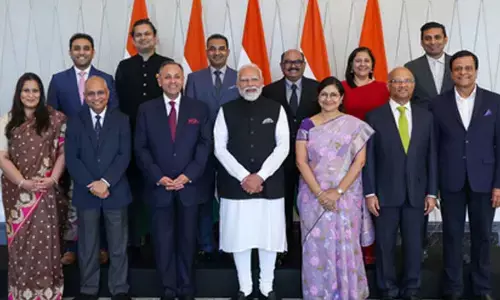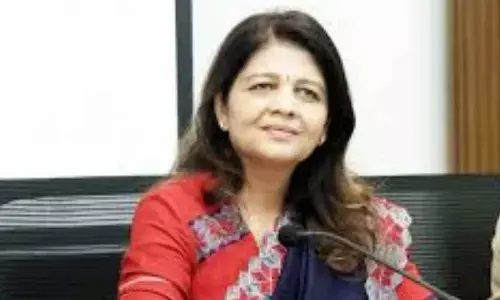Is India prepared to fight a two-front war?
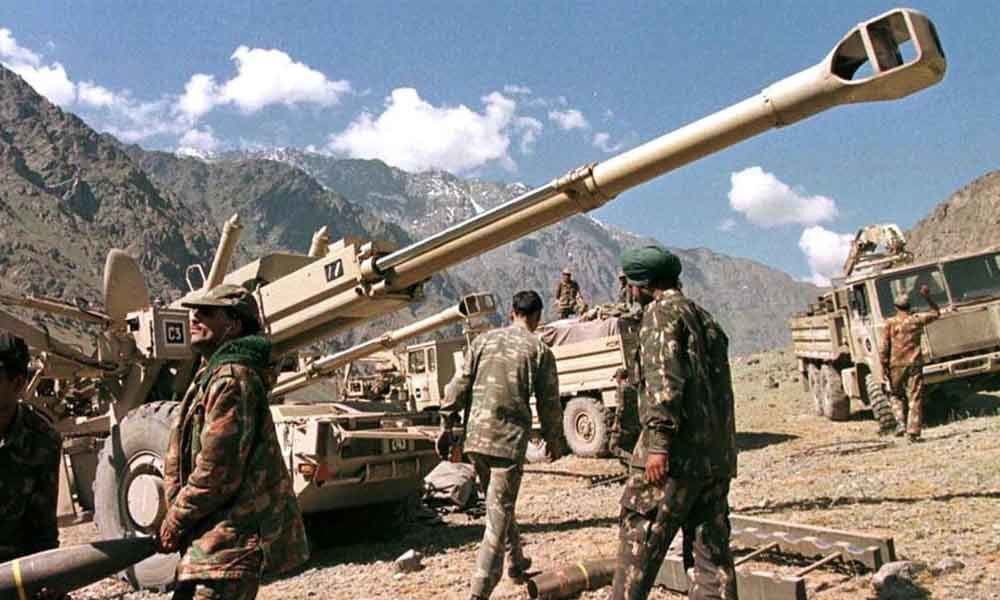
The induction of the former Foreign Secretary S Jaishankar and the elevation of Ajit Doval to the Cabinet rank give us the indication that Narendra Modi is now serious about the China conundrums and does not want to lose track of the Chinese diplomacy's nuances.
The induction of the former Foreign Secretary S Jaishankar and the elevation of Ajit Doval to the Cabinet rank give us the indication that Narendra Modi is now serious about the China conundrums and does not want to lose track of the Chinese diplomacy's nuances.
Doval and Jaishankar played a vital role post-Uri attack and post-Balakot as well as in Doklam imbroglio. Their induction is to be read in between the lines more than any in view of the two-front war scenario being visualised by security experts.
It is now being said the national security structure from the border viewpoint shall now be built around the Modi-Jaishankar-Doval trinity's understanding of the situation. Defence reforms are of key importance now that Modi has entered his second term with a firm majority.
It is also to be seen whether a Chief of Defence Staff will be in place sooner to operationalise a combined tri-service theatre. Experts have already warned the Centre of the security challenge in the field of conventional conflict confronting the new government of Narendra Modi.
But are we prepared to fight a two-front war is the key question. The factors that drive such a threat perception and the challenges in facing a two-front situation need to be dispassionately analysed if one is to understand why should it even be imagined. With both China and Pakistan, India has unresolved territorial disputes.
India fought a local border war with China in 1962 and has fought with Pakistan in 1947-48, 1965 and 1971. In addition, India had to launch military operations to evict Pakistani soldiers who had intruded across the Line of Control (LoC) in the Kargil district of Jammu and Kashmir (J&K) in 1999.
In fact, the problem with China is far greater. China sees India as a strategic competitor and a prominent rival for leadership in the Indo-Pacific region. As part of its grand strategy, China seeks to confine India to the backwaters of the Indian Ocean as a subaltern State and is using Pakistan as a proxy to keep India embroiled in conflict.
The longer the conflict, the more India bleeds. When this happens, it will have little time to strengthen its defences across the Indian ocean. The India-China relationship has been stable at the strategic level — but it is marked by political, diplomatic, and military instability at the tactical level.
This has been a widely expressed apprehension. It should be noted that China has also supported insurgencies in our North-Eastern States in every form for the last 30-40 years apart from transgressing our borders umpteen number of times.
It is also trying to limit our influence in the neighbourhood and working closely with Nepal, Myanmar, Sri Lanka, Bhutan and Maldives. It's implicit support to Pakistan despite the country being a sponsor of terror with several terror modules being operated from its soil, is well known.
If a real war like situation arises, there are good chances of China coming to the rescue of its all-time friend. That is where the trinity needs to ponder deeper now.









